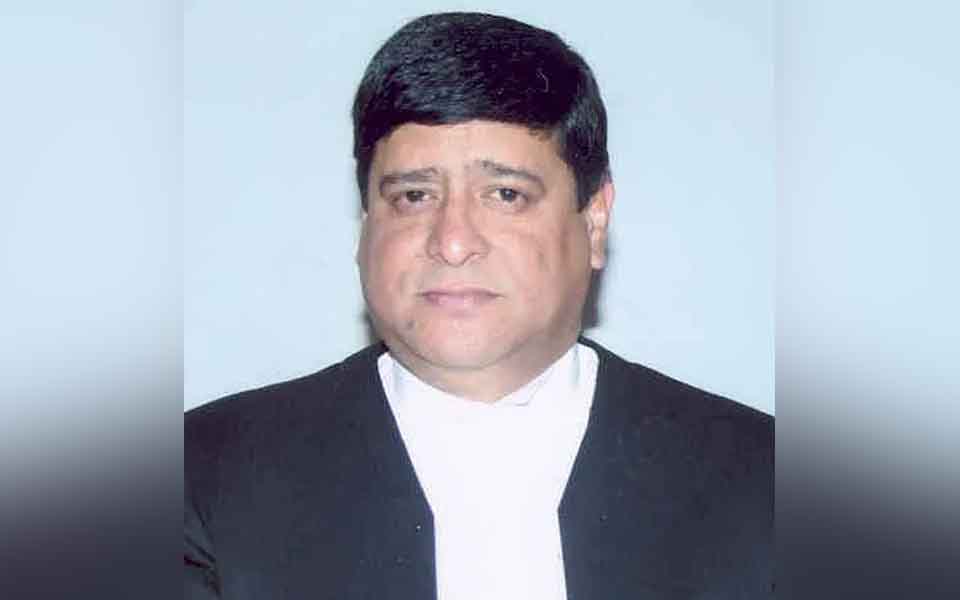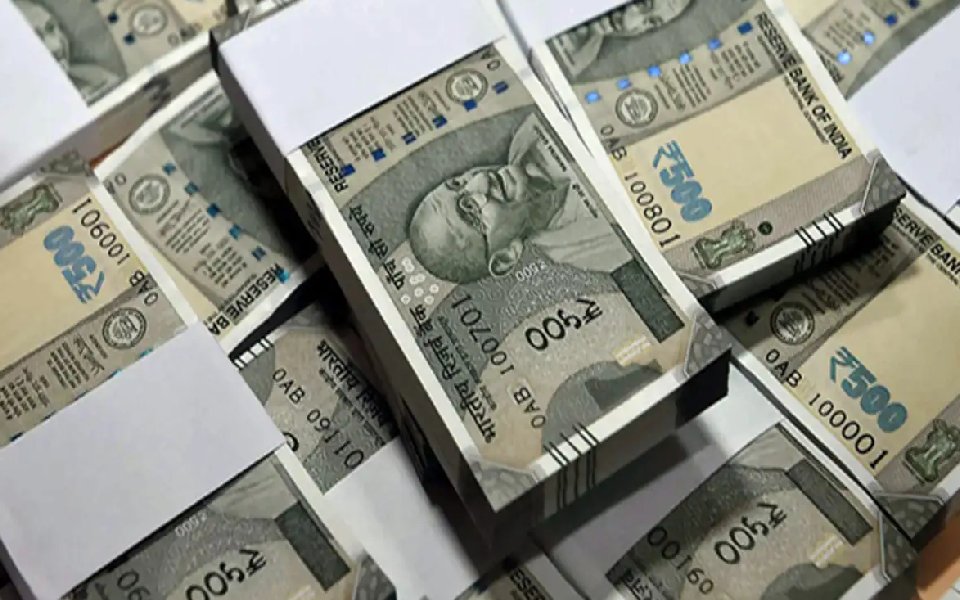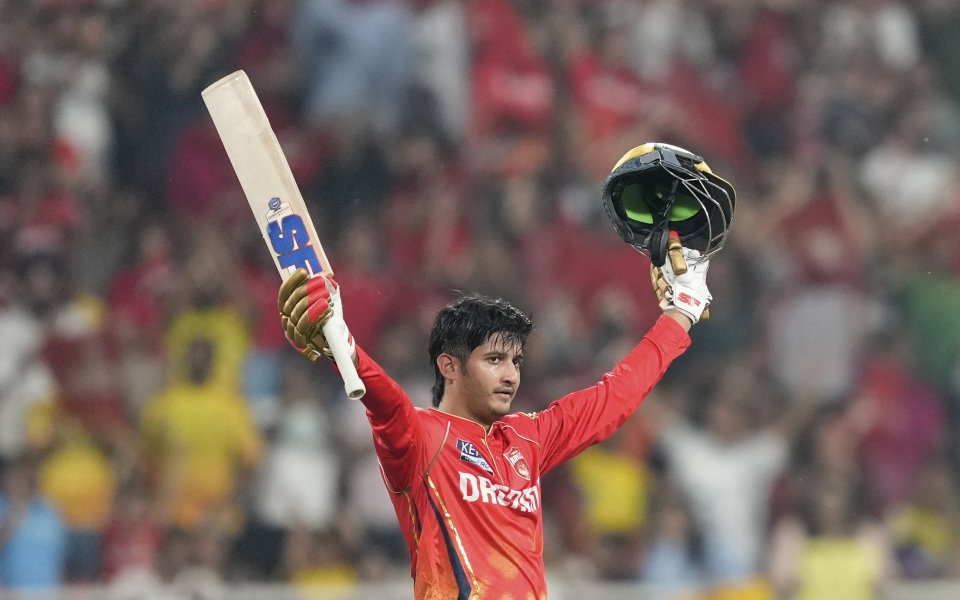New Delhi, Oct 13: Asking a pre-university schoolgirl to take off her hijab at her school gate is an "invasion" of her privacy and dignity, Supreme Court judge Justice Sudhanshu Dhulia said on Thursday.
While setting aside the Karnataka High Court verdict refusing to lift the ban on headscarf in educational institutions in the state, Justice Dhulia said under the constitutional scheme, wearing hijab should be simply a "matter of choice".
A bench of Justices Hemant Gupta and Sudhanshu Dhulia delivered split verdicts on the Karnataka Hijab ban row and referred the matter to the Chief Justice of India for constitution of an appropriate bench to consider the contentious issue.
In his separate 73-page judgement, Justice Dhulia observed that the hurdles and hardships a girl child undergoes in gaining education are many times more than a male child.
"She is our hope, our future. But it is also a fact, that it is much more difficult for a girl child to get education, as compared to her brother," he said.
"Asking a pre university schoolgirl to take off her hijab at her school gate, is an invasion on her privacy and dignity. It is clearly violative of the Fundamental Right given to her under Article 19(1)(a) and 21 of the Constitution of India," he said, adding, "It is still her Fundamental Right, not a derivative right' as has been described by the high court."
The judge said wearing hijab may or may not be a matter of essential religious practice, but it still is a matter of conscience, belief, and expression.
"If she wants to wear hijab, even inside her class room, she cannot be stopped, if it is worn as a matter of her choice, as it may be the only way her conservative family will permit her to go to school, and in those cases, her hijab is her ticket to education," he said.
Justice Dhulia said whether wearing hijab is an essential religious practice in Islam or not is not essential for the determination of this dispute.
"If the belief is sincere, and it harms no one else, there can be no justifiable reasons for banning hijab in a classroom," he said, adding, "Under our constitutional scheme, wearing a hijab should be simply a matter of choice."
He noted that in any case, as to what constitutes an essential religious practice, in all its complexities, is a matter which is pending consideration before a nine-judge Constitution bench of the apex court and it may not be proper for him to go any further into this aspect.
Justice Dhulia said we live in a democracy and under the rule of law and the laws which govern us must pass muster the Constitution of India.
"Amongst many facets of our Constitution, one is trust. Our Constitution is also a document of trust. It is the trust the minorities have reposed upon the majority," he observed.
The judge noted that fraternity, which is our constitutional value, would require us to be "tolerant", and as some of the advocates would argue to be, reasonably accommodating towards the belief and religious practices of others.
He said the question of diversity and our rich plural culture is important in the context of this case.
Justice Dhulia noted that schools, in particular the pre-university colleges, are the perfect institutions where the children, who are at an impressionable age and are just waking up to the rich diversity of this nation, need to be counselled and guided so they imbibe the constitutional values of tolerance and accommodation towards those who may speak a different language, eat different food, or even wear different clothes.
"This is the time to foster in them sensitivity, empathy and understanding towards different religions, languages and cultures. This is the time when they should learn not to be alarmed by our diversity but to rejoice and celebrate this diversity. This is the time when they must realise that in diversity is our strength," he said.
Justice Dhulia said the unfortunate fallout of the hijab restriction would be that "we would have denied education to a girl child."
He observed that this case has also to be seen in the perspective of the challenges already faced by a girl child in reaching her school.
"The question this court would put before itself is also whether we are making the life of a girl child any better by denying her education merely because she wears a hijab!," he noted in the verdict.
The judge further said, "All the petitioners want is to wear a hijab! Is it too much to ask in a democracy? How is it against public order, morality or health? or even decency or against any other provision of Part III (fundamental rights) of the Constitution."
He noted these questions have not been sufficiently answered in the high court judgement and the state has not given any plausible reasons either in the February 5, 2022 government order or in the counter affidavit before the high court.
The state government's February 5, 2022 order had banned wearing clothes that disturb equality, integrity, and public order in schools and colleges.
"It does not appeal to my logic or reason as to how a girl child who is wearing a hijab in a classroom is a public order problem or even a law-and-order problem. To the contrary reasonable accommodation in this case would be a sign of a mature society which has learnt to live and adjust with its differences," Justice Dhulia said.
He said one of the best sights in India today is of a girl child leaving for her school in the morning with her school bag on her back.
Let the Truth be known. If you read VB and like VB, please be a VB Supporter and Help us deliver the Truth to one and all.
Sirsi (Karnataka), Apr 8 (PTI): The police in Uttar Kannada went into a tizzy on Tuesday after they found fake currency notes of Rs 500 denomination from a house in Dandeli with 'movie shooting purpose only' written on them.
Based on a tip-off, police searched a rented house at Gandhinagar in Dandeli and confiscated the fake currency notes along with a money counting machine.
Arshad Khan, who is said to be from Goa, was staying as a tenant in the house belonging to Noorjan Jhunjuwadkar, police said.
Police were informed after Jhunjuwadkar noticed that Khan was absent from the house for the past one month.
The fake currency notes had the inscription 'Reverse Bank of India' on them, but did not have the signature of the RBI governor, police said.
The notes were printed on a shining paper with only zeros written in the place of the number, and 'movie shooting purpose only' inscribed on them, police said.
A hunt is on to trace Khan to question him about the seizure, they added.





